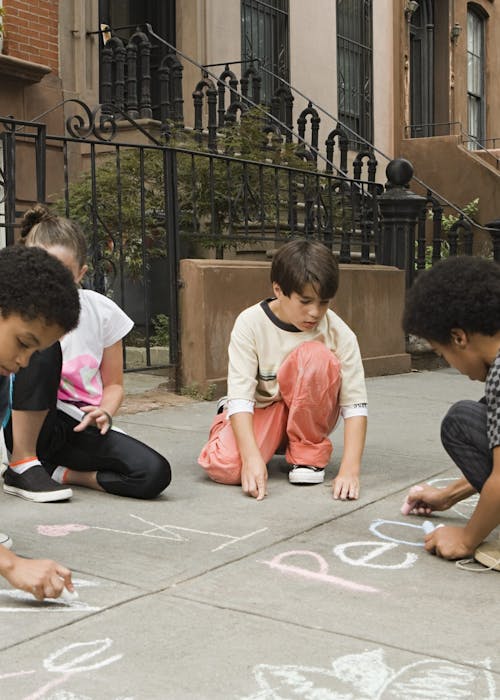
Using data to drive solutions for children and families
Insights
May 19, 2017
Earlier this week, we hosted a forum to talk about one of our favorite topics: data. We convened a powerful group of changemakers working across the five boroughs to discuss how we each use data to make life better for some of the most vulnerable children and families in New York City.
We are very grateful to our panelists for their participation and the work they are all doing to make our city better: Venetta Vanhorne, Director of CAMBA iCare; Mary Tobin, Director of the Brownsville Partnership; James Brodick, Director of Brooklyn Community Justice Centers; Dr. Amy Gedal Douglass, Director of Implementation and Improvement at NYC Department of Health and Mental Hygiene’s Mental Health Innovation Lab; Anne Heller, Executive Director of Power of Two; Tonya Gayle, Chief Development Officer at Green City Force; and Dr. Laurie B. Midgette, Founding Principal at Cultural Arts Academy Charter School at Spring Creek.
The organizations our panelists represented are diverse and unique, but clear themes emerged in the way we all use the wealth of data we have at our fingertips. Our panelists talked about using data to identify which communities and residents are most in need, figure out which resources they lack, determine what the best strategies are to engage with them, and measure how successful they themselves are at helping the chronically underserved.
At CCC, we have used data for decades to understand what life is like for New York City children and to push for change in places where the promise of a bright future for children was falling short. With the rollout earlier this year of enhanced data analysis and visualization tools on Keeping Track Online and the recent release of our report on needs and opportunities in the Brownsville community, we have been using our data to take our advocacy to the next level. We couldn’t be more excited.
But we are not stopping there. As the city budget gets finalized over the coming weeks, and as we look ahead to assessing the impact of proposed policies at the local, state, and federal levels, we will continue to strengthen and refine our data analyses to make evidence-based cases for what works and oppose ideas that do not. We will not stop until all children in New York City can access the resources they need.

